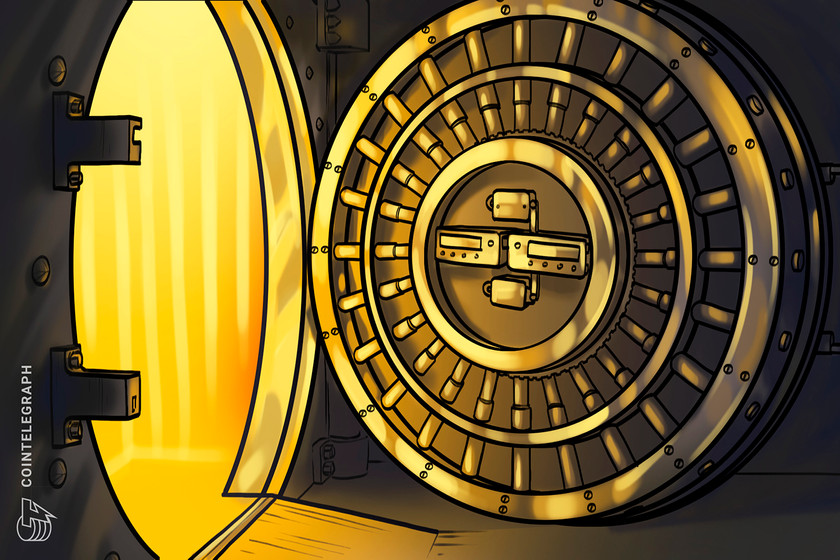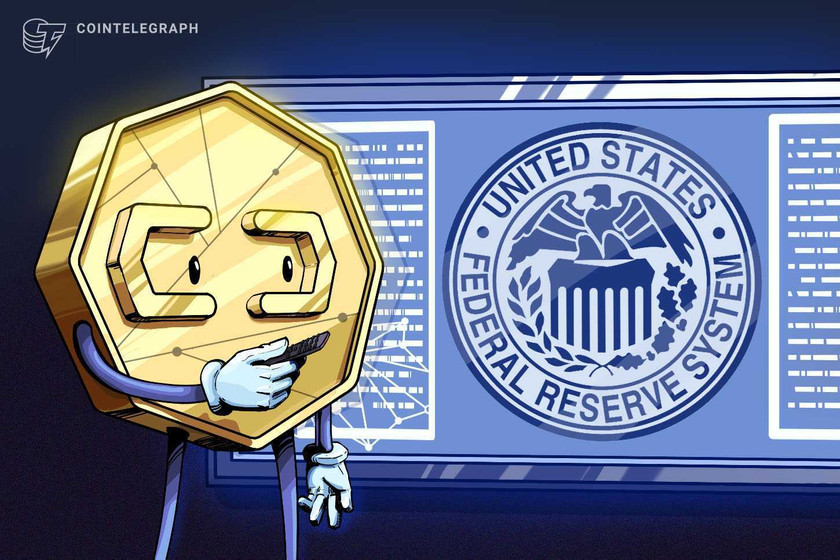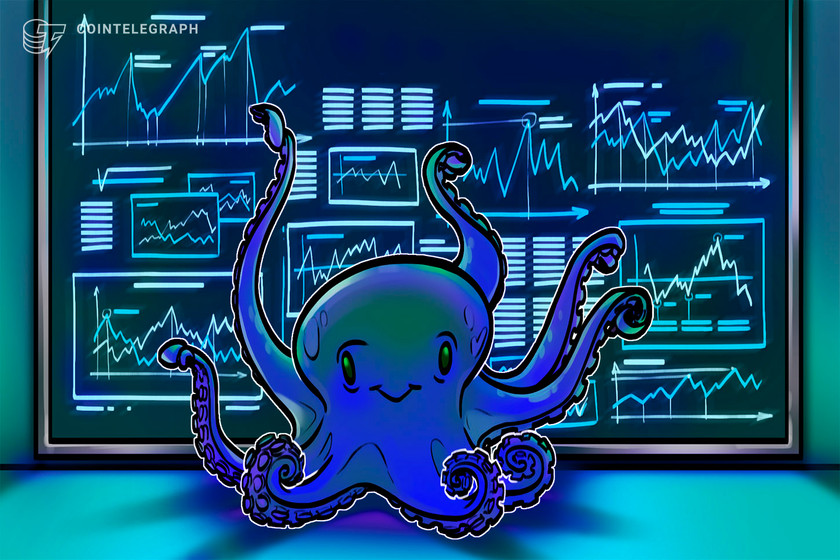‘Regulators let the bad guys get big’ — former Kraken CEO speaks out after SEC settlement


According to Jesse Powell, U.S. regulators allowing bad actors in the crypto space to “suck up users, revenue and venture capital” could effectively destroy “the good guys.”
Jesse Powell, CEO of crypto exchange Kraken, has called out United States financial regulators for letting “the bad guys” win to suit their agenda.
In a Feb. 19 Twitter thread, Powell speculated that U.S. regulators — seemingly including the Securities and Exchange Commission — were allowing crypto firms to operate without enforcement actions as a red herring for companies that are their true targets. According to the Kraken CEO, allowing bad actors to “suck up users, revenue and venture capital” available to firms operating in accordance with regulations could effectively destroy the industry — letting competition run over each other and having regulators jail violators later.
“The bad guys are actually on-side,” said Powell. “Good guys are the enemy. If the bad guys can run long enough without blowing up, they might just kill the good guys for you.”
I have a theory:
Regulators let the bad guys get big and blow up because it serves their agenda.1. destroy capital/resources in crypto ecosystem
2. burn people, deter adoption
3. give air cover to attack good actorsThe bad guys are actually on-side. Good guys are the enemy. https://t.co/DZI2O8gVyO
— Jesse Powell (@jespow) February 19, 2023
Powell’s statement followed Kraken reaching an agreement with the SEC, in which the crypto firm agreed to stop offering staking services or programs to U.S. clients and pay $30 million in disgorgement, prejudgement interest and civil penalties. Many in the crypto space have criticized the SEC’s actions as another example of “regulation by enforcement” — a criticism extended to the regulator cracking down on celebrities endorsing tokens through social media channels.
Related: SEC chair issues warning to crypto firms after action on Kraken staking
In September 2022, Powell announced he would be succeeded as CEO by Kraken’s chief operating officer, Dave Ripley, after which time he would stay with the crypto firm as the chair of the board. Paxos was also reportedly facing enforcement action from the SEC for allegedly violating investor protection laws in dealing with Binance USD (BUSD) stablecoins.









